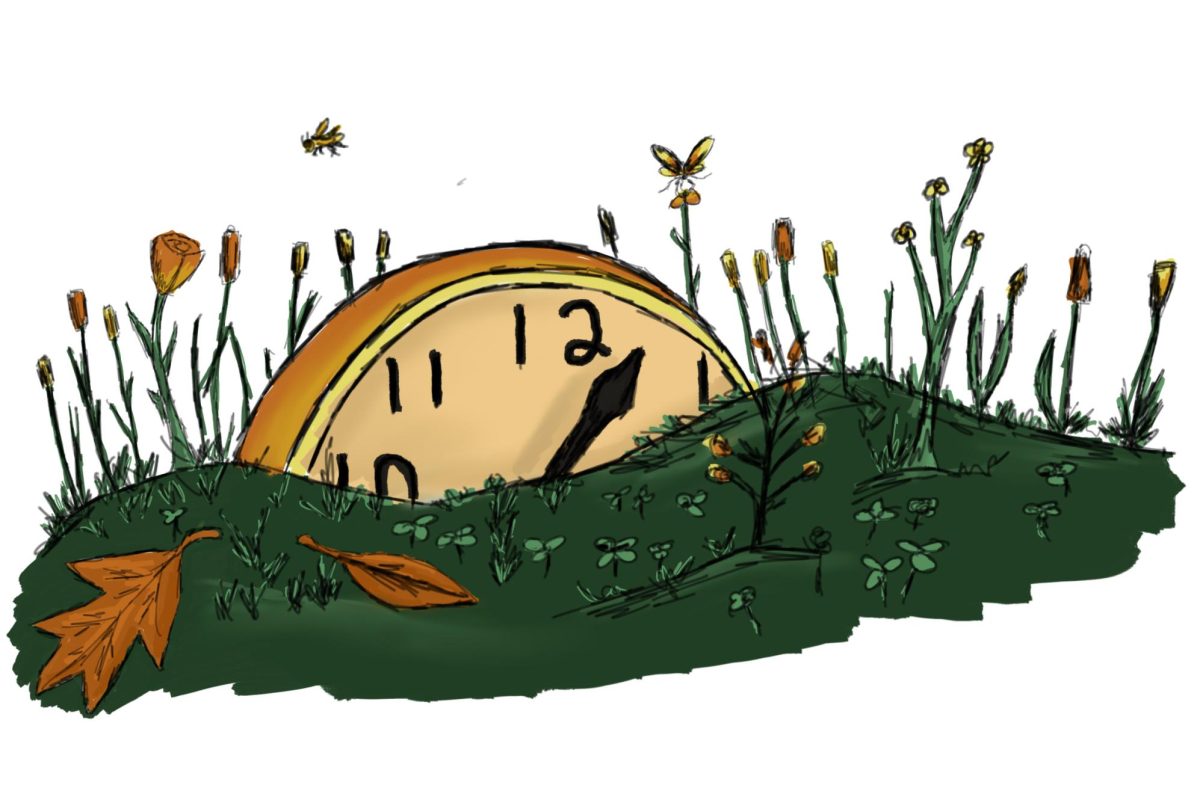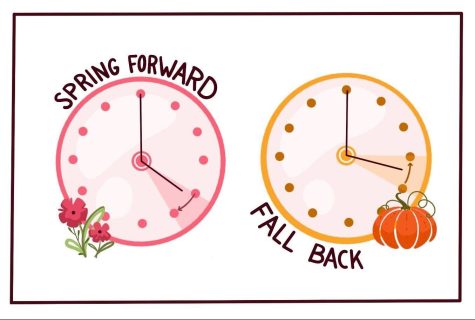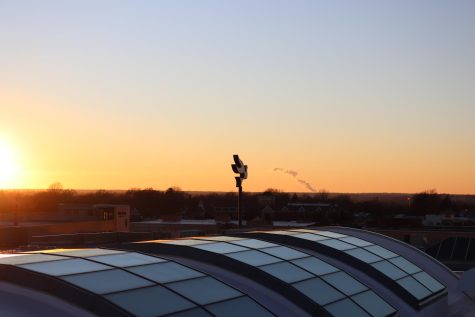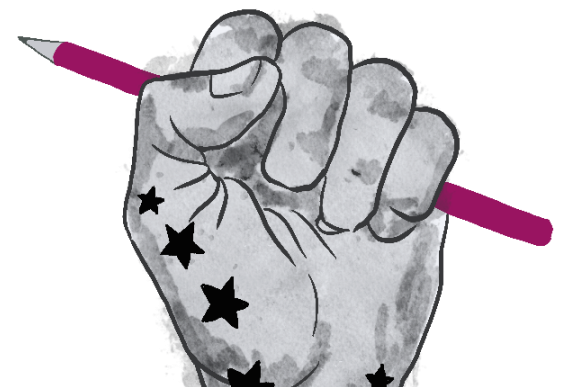Daylight saving time. Two days every year when we stay up until 2 a.m. to set our clocks back one hour in the fall and ahead one hour in the spring. The reason we wake up with the sun and leave practice in the pitch black during winter. This practice was first implemented during WWI as a way to save energy resources, but are “springing forward” and “falling back” still relevant?
According to CBS News, the idea that daylight saving time was implemented so farmers could have more daylight is a myth. In reality, Germany was the first country to begin daylight saving in 1916 to save energy during WWI, which caused many countries to do the same, including the U.S. Then, in WWII, the U.S. chose to keep practicing daylight saving time and established the system we use today. But now, over a century later, do we really need to keep going through the time changes twice a year with today’s technology?
The results of a TKC survey with 181 respondents revealed 50.6% of students dislike setting the clocks back one hour and 79.3% of students dislike setting the clocks forward one hour. Scarlet Adams, junior, said she dislikes both time changes.
“[Daylight saving time] is an outdated practice that we don’t need anymore in today’s society.”
— Scarlet Adams
“[Daylight saving time] is an outdated practice that we don’t need anymore in today’s society,” Adams said. “I think that we should just be sticking to a normal 24-hour schedule without adding or taking away an hour twice a year.”
Adams said abolishing daylight saving time would be the best decision. She said she believes that formally getting rid of this practice will uncomplicate a lot of things when people don’t have to go through the schedule changes.
“Some people wouldn’t be asking [if] we are losing or gaining an hour,” Adams said. “Everyone always asks that which makes the whole thing [even more] confusing.”
Delphina Kesler, freshman, said she believes the opposite. She believes that both time changes have their positives and therefore daylight saving time should be upheld.
“I like having the extra hour [because] it gives me more time to spend in the day[light] and as someone who’s really low in Vitamin D, I need that extra hour,” Kesler said. “I really like when the sun sets a little bit earlier just because it’s easier to fall asleep especially [when I] want to go to bed earlier.”
Kesler said that while she doesn’t believe daylight saving is necessary in today’s time, it still has its benefits. She said the necessity can be found in how it benefits individuals, rather than if the practice is still needed as a nation.
“There are some people who struggle with not having much daylight hours,” Kesler said. “I think [not having] these changes can [worsen] mental health and grades and we do not need more of that.”
Maddie Goh, junior, said she likes “falling back” but not “springing forward”. Nonetheless, she said she believes daylight saving time is not a relevant practice.
“I really like when the sun sets a little bit earlier just because it’s easier to fall asleep especially [when I] want to go to bed earlier.”
“I feel like it’s kind of useless for the U.S. to [have time changes],” Goh said. “[Most] countries don’t do it so I think we should follow in their direction.”
Many other countries have abolished daylight saving time due to health concerns. According to Johns Hopkins Bloomberg School of Public Health, time changes can increase health risks, including heart attacks and strokes. Even just one hour of time change can cause much more harm to humans because it causes sleep misalignment that lasts through the entirety of daylight saving time.
Goh also said she believes that the reasoning behind daylight saving has become irrelevant over time. In fact, according to USA Today, neither Hawaii nor Arizona participate in daylight saving because of their sunny climates.
“I think the excuse to save energy [was] smart,” Goh said. “But I feel like how we use our time today [makes it] so if it was taken away I honestly don’t think we would even notice it.”











